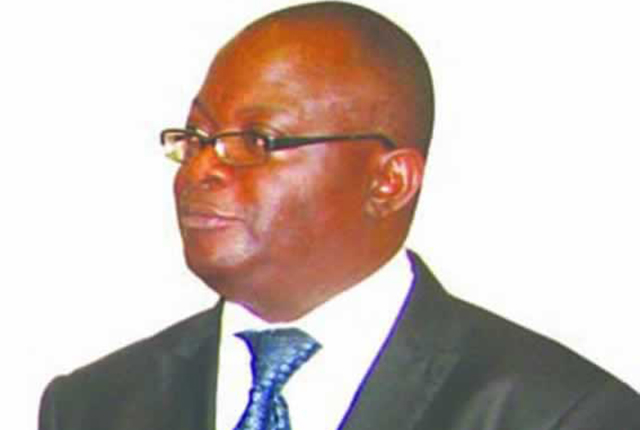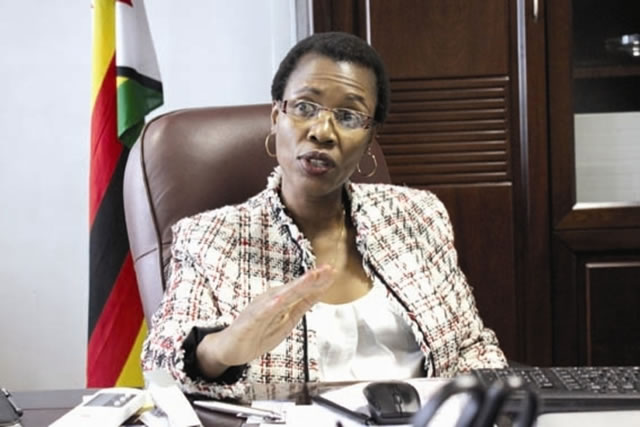131 amnesty beneficiaries locked up

Nyemudzai Kakore Herald Correspondent
Only 130 out of 2 000 prisoners freed under the Presidential General Amnesty four months ago are back in jail, indicating success of the country’s criminal rehabilitation programme.Eight of the rearrested beneficiaries of the President’s clemency are women.According to the Zimbabwe Prisons and Correctional Services, 18 001 inmates are in the country’s prisons against a holding capacity of 17 000.
Before the amnesty, there were 19 900 prisoners countrywide against a holding capacity of 17 000.The prisoners were freed after President Mugabe extended the amnesty on May 23 in terms of Section 112 (1) (a) and (d) of the Constitution of Zimbabwe to decongest national prisons.
ZPCS public relations officer Superintendent Priscilla Mthembo yesterday said the 131 convicts were arrested countrywide for various criminal offences.
“A total of 131 prisoners comprising 123 males and eight females who benefited from the General Amnesty have been readmitted into prison for committing various offences,” she said.“After the Presidential amnesty, the prison population now stands at 18 001 inmates comprising 17 672 males and 329 females.“We have a total of 41 children accompanying their mothers in prison, comprising 19 boys and 22 girls below the ages of 36 months.”
Supt Mthembo said a lot of factors among them, unemployment, homelessness and difficulties faced to fit back in normal life after a lengthy period of imprisonment, were some of the contributing factors for the convicts to commit various offences.
Other factors, she said, were failure to re-establish ties with family members upon release, mainly applying to inmates who would have committed offences within the family set-up who usually face rejection by both family and society during and after incarceration.
Prominent Harare lawyer Mr Terrence Hussein said, although the convicts were pardoned, previous conviction records would be considered in fresh sentencing and would result in stiffer penalties.
“The case is treated as a factor in aggravation,” said Mr Hussein. “If the pardoned convicts are found guilty on a new crime, the prosecutor asks if there was a suspended sentence on the old crime and it will kick in in the new crime.”Mr Hussein called on ZPCS to develop a model that makes offenders to be corrected and re-oriented in their time in prison than creating “ worse persons” after prison life.
“I know the Zimbabwean prison system and how it operates. It still focuses heavily on punishing offenders, rather than correcting them. It is high time the prison (system) learns from other countries and develop a new model, which will make previous convicts reintegrate into the community.”
Human Rights lawyer Mr David Hofisi, urged Government to make policies that were prison- inclusivity, making it easier for people with a prison record to secure employment after their release.
“Prisoners are people – and the prison experience needs to be truly rehabilitative and help reintegration into society. 131 back inside out of about 2 000 suggests a recidivism rate of about 6.5 percent,” he said.
“Whether this is a sign of successful or failure of reintegration is a matter for researchers. Government policy must make it easier for a person with a prison record to secure employment after reintegration in the society as prison is not the end of one’s life,” said Mr Hofisi.
Supt Mthembo said: “We believe that correctional facilities in Zimbabwe can be rated amongst the best in the region in terms of security, especially with the adoption of the dynamic security concept whose focus is on the relationship between the officers and the inmates. This concept has also largely contributed to the reduction of escapees from lawful custody.”
Turning on security issues, Supt Mthembo said ZPCS adhered to its mandatory obligation to protect society from criminal elements and upholding the rights of prisoners.
She said this was possible as their officers were always on high alert to ensure they contributed positively to the justice delivery system through preventing escape from lawful custody.Supt Mthembo said, “We always strive to strike a balance between security, justice, rehabilitation and reintegration to meet the international correctional and prisons standards as prescribed under the Mandela Rules (2015).











Comments